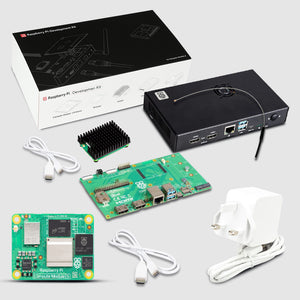Carnegie Mellon University (CMU) is pushing the boundaries of space exploration with a groundbreaking mission - PY4. This project involves sending a group of miniature satellites into orbit, not just to observe the Earth, but to operate as a swarm, communicating and maneuvering together autonomously.
Low-Cost, Big Dreams:
PY4 utilizes CubeSats, tiny satellites about the size of a cracker box, making the mission cost-effective. These satellites pack a punch, equipped with the latest technology to communicate with each other, determine each other's positions, and even adjust their orbits using drag.
Building on Success:
This mission builds upon CMU's previous V-R3x project, which tested communication and navigation capabilities in small satellites. PY4 takes it a step further, focusing on autonomous collaboration and demonstrating the potential of low-cost multi-satellite missions.
Benefits and Applications:
The success of PY4 could significantly reduce costs associated with future space missions. A swarm of low-cost satellites could offer similar functionalities as larger, expensive spacecraft, making space exploration more accessible.
This technology has the potential to revolutionize various fields. Imagine tracking wildlife movement across the globe, monitoring the Earth's atmosphere and weather in greater detail, or even capturing 3D images of our planet - all using a network of low-cost satellites.
The Journey Begins:
Launched on March 4th, 2024, the four PY4 satellites are currently orbiting Earth at an altitude of about 342 miles. They operate independently for most of the time, only communicating with the CMU team during brief windows.
The mission aims to gather data for a few months, allowing researchers to analyze the satellites' autonomous behavior and evaluate the potential of swarm technology.
PY4 is a testament to Carnegie Mellon's commitment to innovation and pushing the boundaries of what's possible in space exploration. The success of this mission could pave the way for a future filled with exciting possibilities using cost-effective and collaborative satellite technology.








